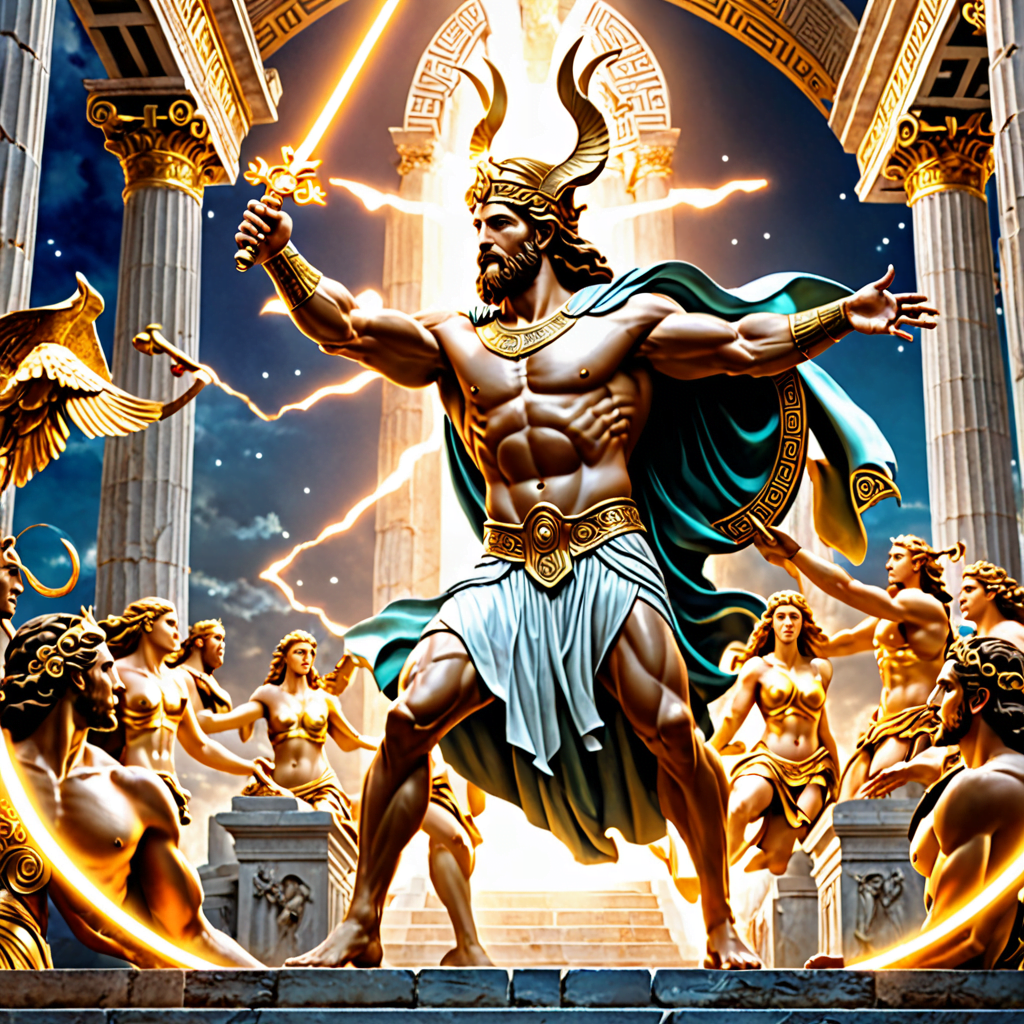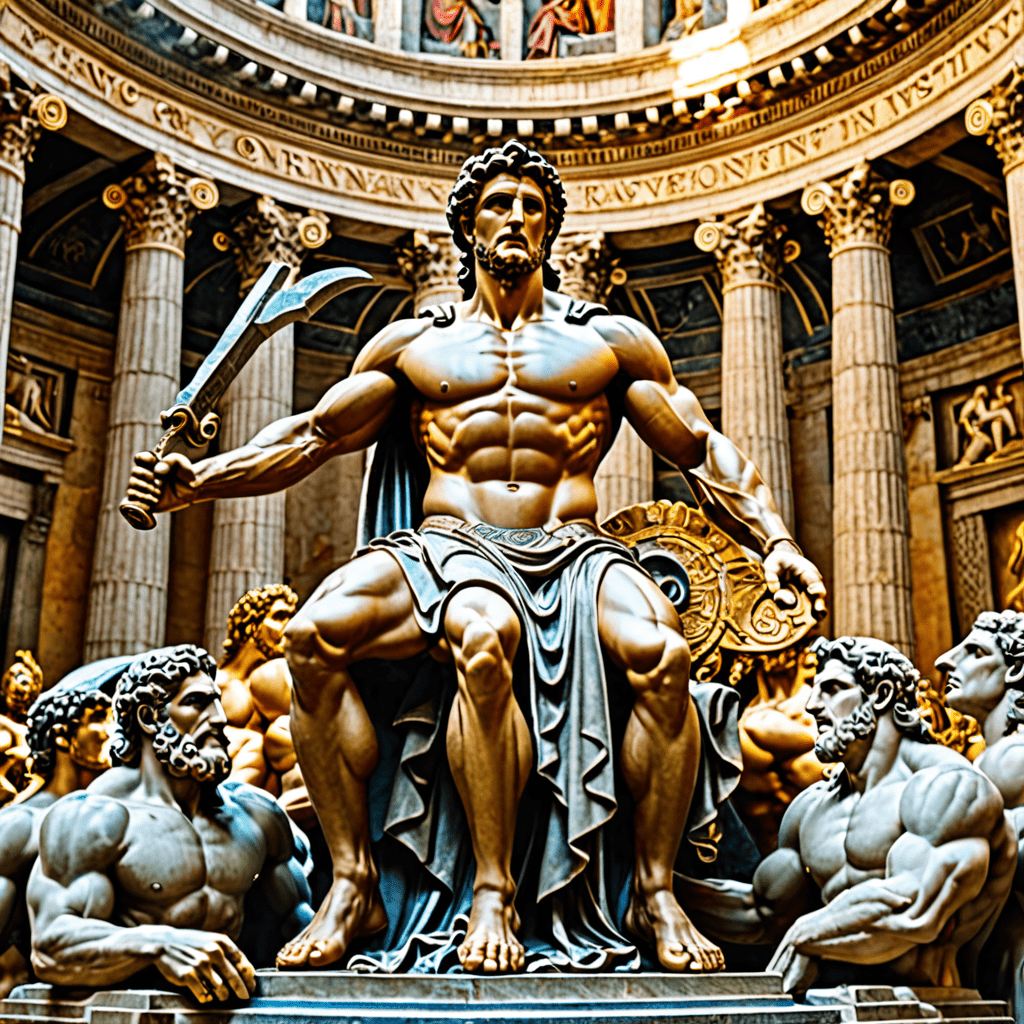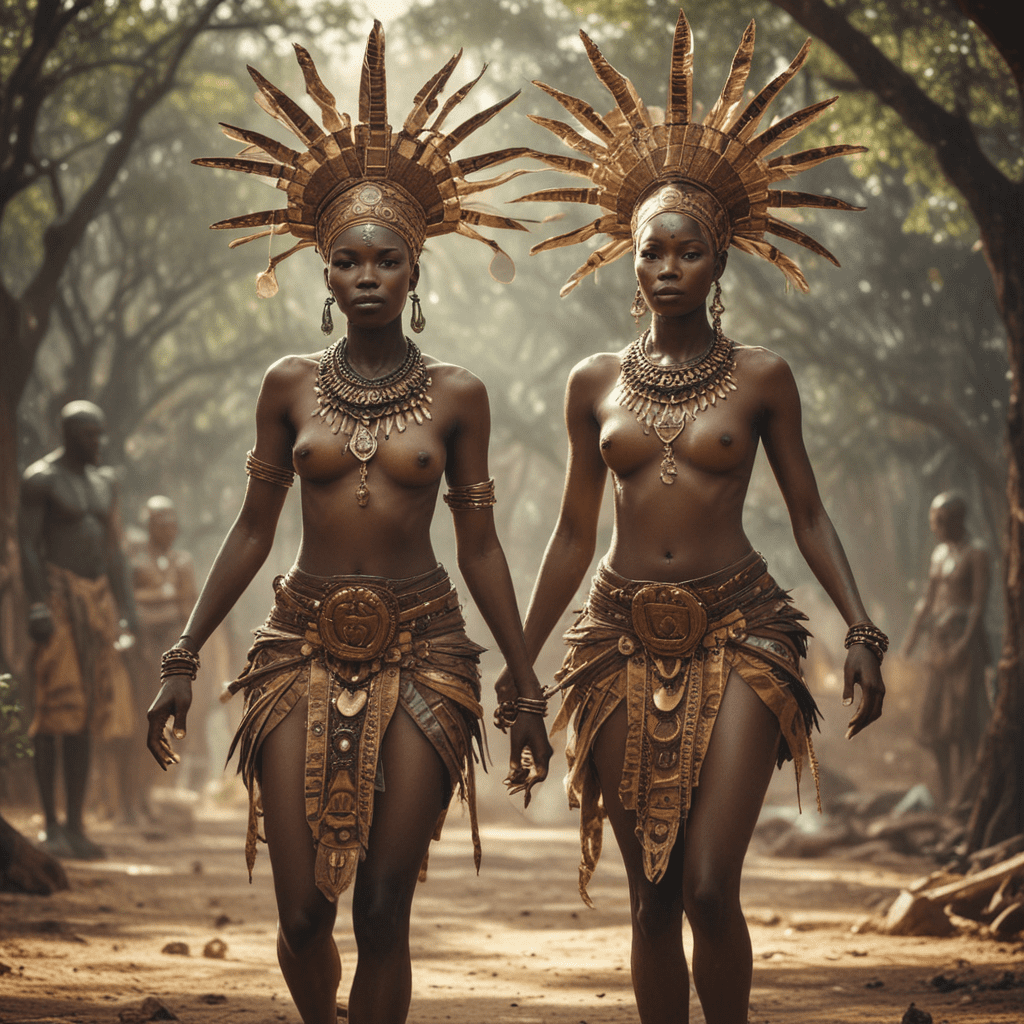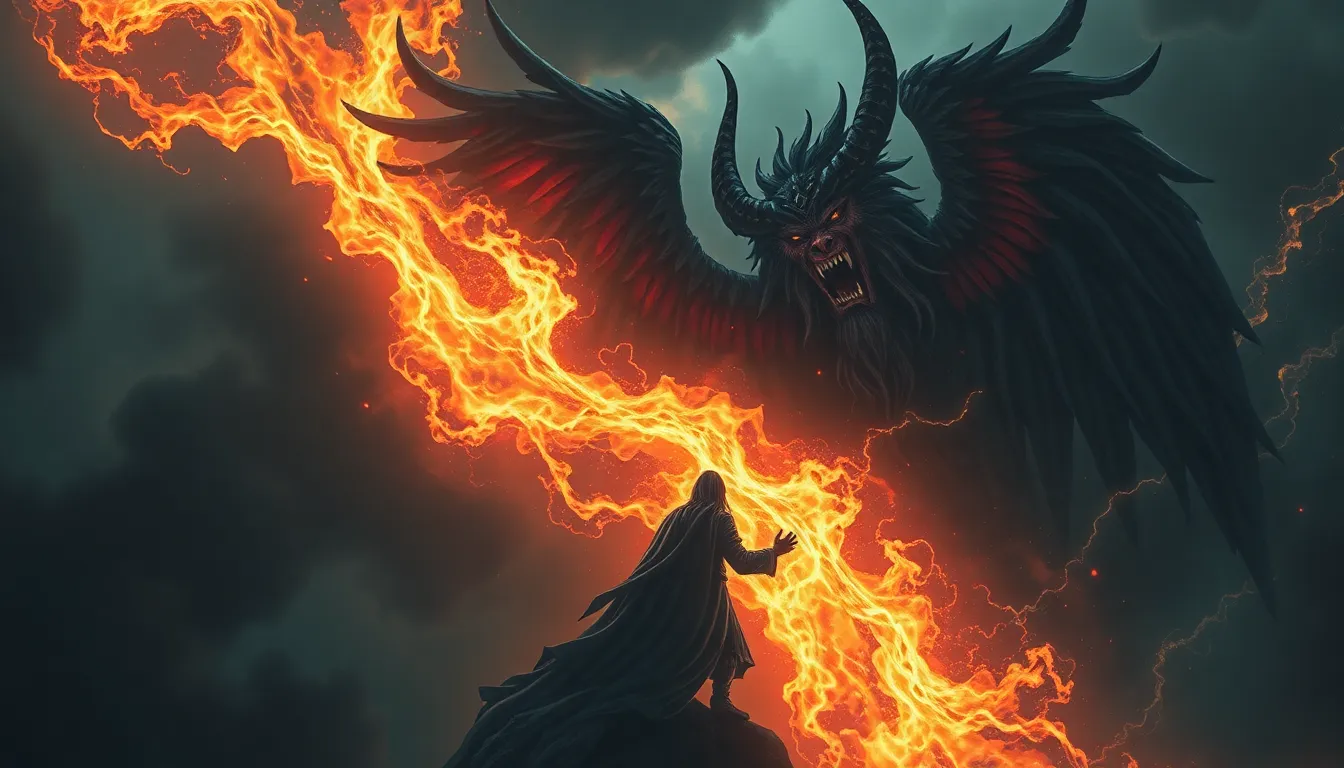The Representation of Magic in Greek Mythology
Understanding Magic in Greek Mythology
Magic holds a significant place in Greek mythology, where it is portrayed as a powerful and mystical force used by both gods and mortals. In these ancient tales, magic is often depicted as a tool that shapes destinies, creates wonders, and enacts both blessings and curses.
The Role of Magic in Greek Mythology
In Greek mythology, magic is intertwined with the supernatural realm and is closely tied to the gods and goddesses who wield it. Deities such as Hecate, Hermes, and Circe are associated with magic, showcasing its diverse applications in the mythological world. Magic in Greek myths is not merely a tool for manipulation but a representation of the deeper forces at play in the universe.
The Forms of Magic in Greek Mythology
Magic in Greek mythology manifests in various forms, ranging from shape-shifting and spellcasting to divination and necromancy. For example, the sorceress Circe transforms Odysseus’ crew into swine, showcasing the transformative power of magic. Medea’s ability to concoct potions that grant invincibility highlights the enchanting aspect of mythological magic.
The Ethical and Moral Dimensions of Greek Mythological Magic
Although magic in Greek mythology is often associated with extraordinary abilities, it also raises ethical dilemmas. Characters like Medea, who uses magic for personal gain, exemplify the moral complexities surrounding supernatural powers. The portrayal of magic in Greek myths serves as a cautionary tale about the consequences of hubris and the importance of respecting the natural order.
In conclusion, the representation of magic in Greek mythology contributes to the rich tapestry of ancient storytelling, reflecting humanity’s fascination with the mysterious and the extraordinary. By exploring the role, forms, and ethical considerations of magic in these mythological narratives, we gain insight into the complex interplay between mortals, immortals, and the supernatural forces that shape the world of Greek myths.
FAQs about the Representation of Magic in Greek Mythology
What role did magic play in Greek mythology?
Magic in Greek mythology was often associated with gods, demigods, and mythical creatures. It was used to explain supernatural events, transformations, and extraordinary powers possessed by individuals in the myths.
Who were some notable figures known for practicing magic in Greek mythology?
In Greek mythology, figures like Circe, Medea, and Hecate were renowned for their magical abilities. They were often depicted as powerful sorceresses who could cast spells, brew potions, and shape-shift.
How was the concept of magic portrayed in ancient Greek culture?
Magic in ancient Greek culture was seen as a complex blend of religion, ritual practices, and belief in the supernatural. It was both feared and revered, with magic being used in myths to symbolize the unknown and the mysterious forces at play in the world.
What were the different types of magic depicted in Greek mythology?
Greek mythology showcased various forms of magic, including love spells, shape-shifting, curses, healing rituals, and divination. These magical practices were often employed by gods, heroes, and sorcerers to influence events and interact with the divine realm.



